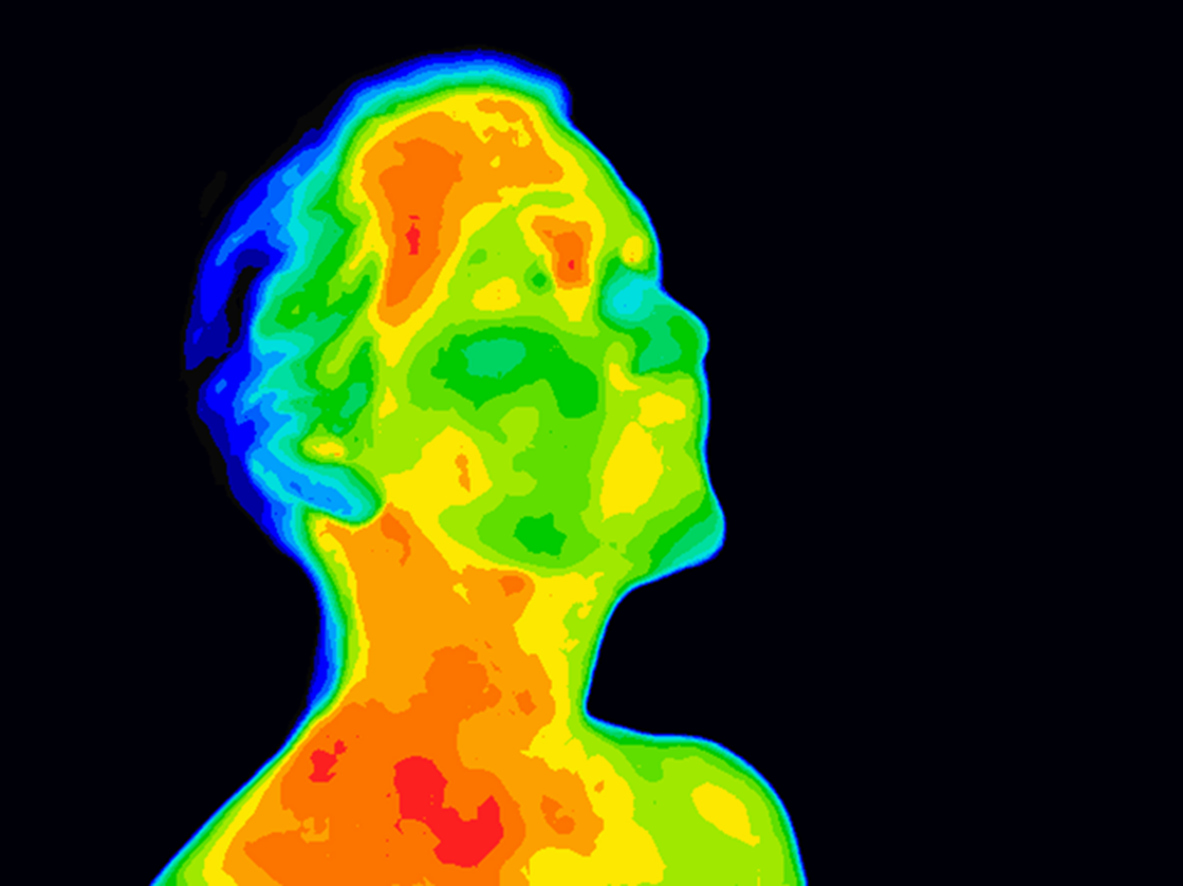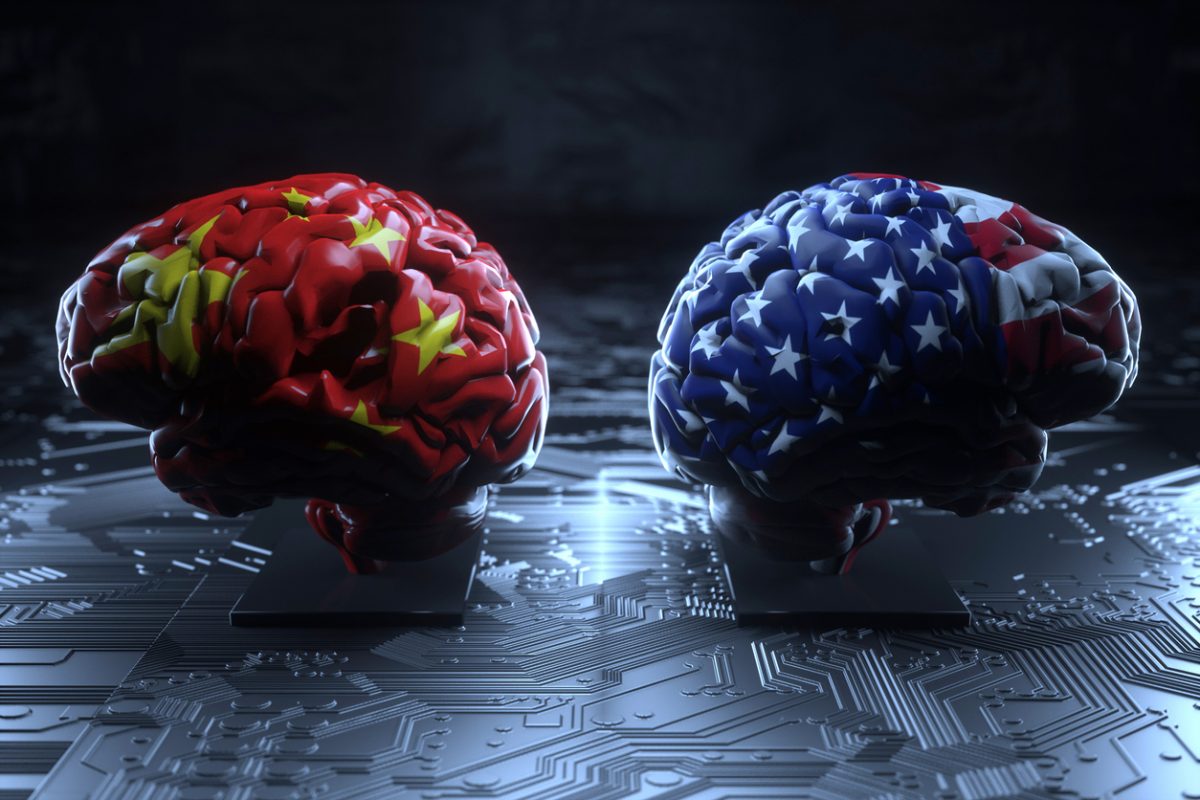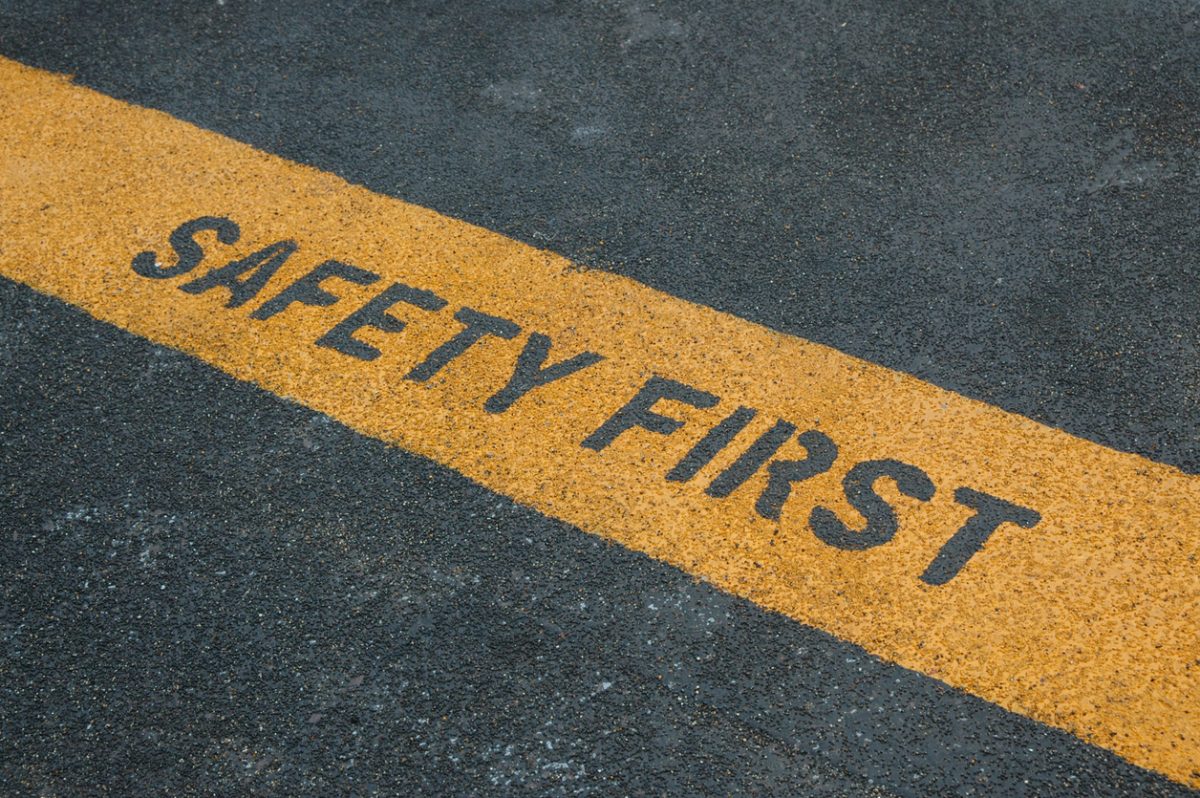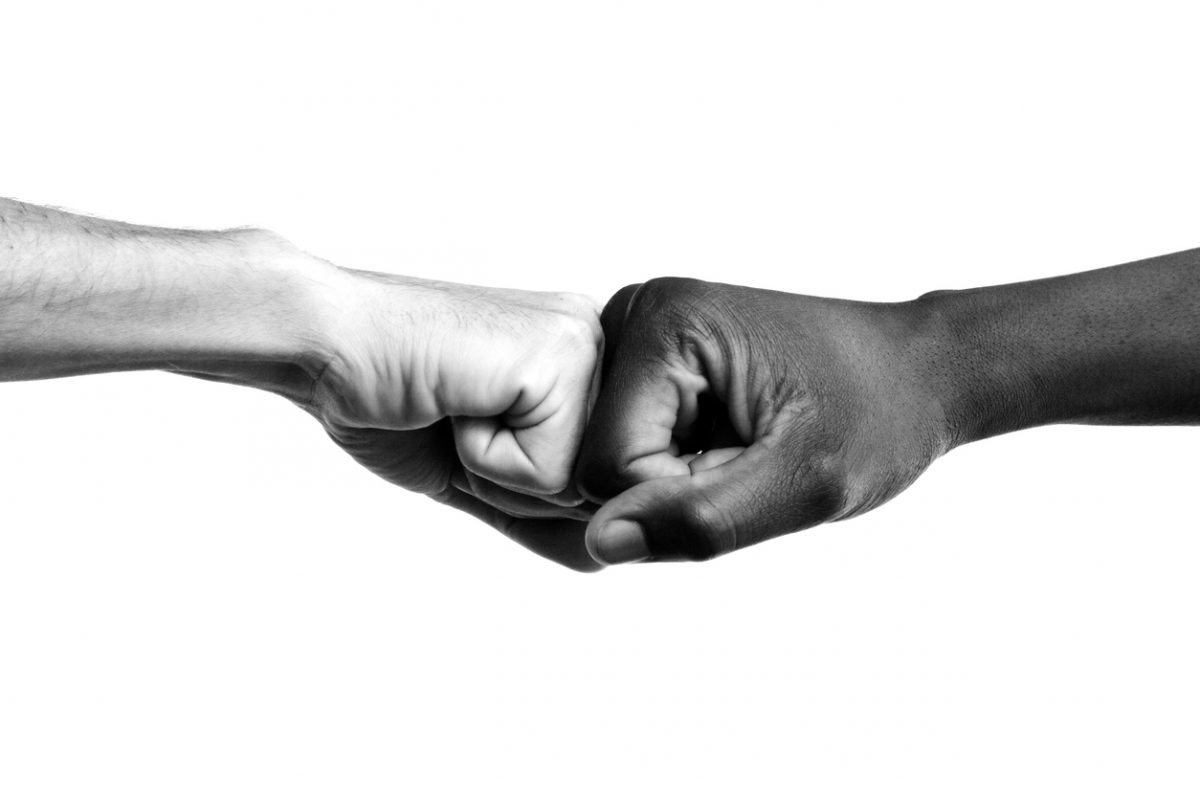Shanghai uses facial recognition to help catch drug offenders
Facial recognition is being used in Shanghai to help catch individuals suspected of abusing pharmaceuticals.
South China Morning Post reports that Shanghai is testing facial recognition terminals in pharmacies that will verify a person’s identity prior to dispensing controlled substances.
Some legal medications can be turned into banned drugs. Cold and allergy medications, for example, often contain ephedrine which is a key component of crystal meth.
Any...









